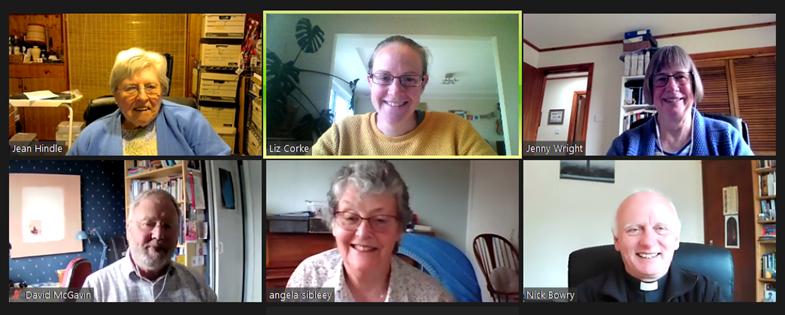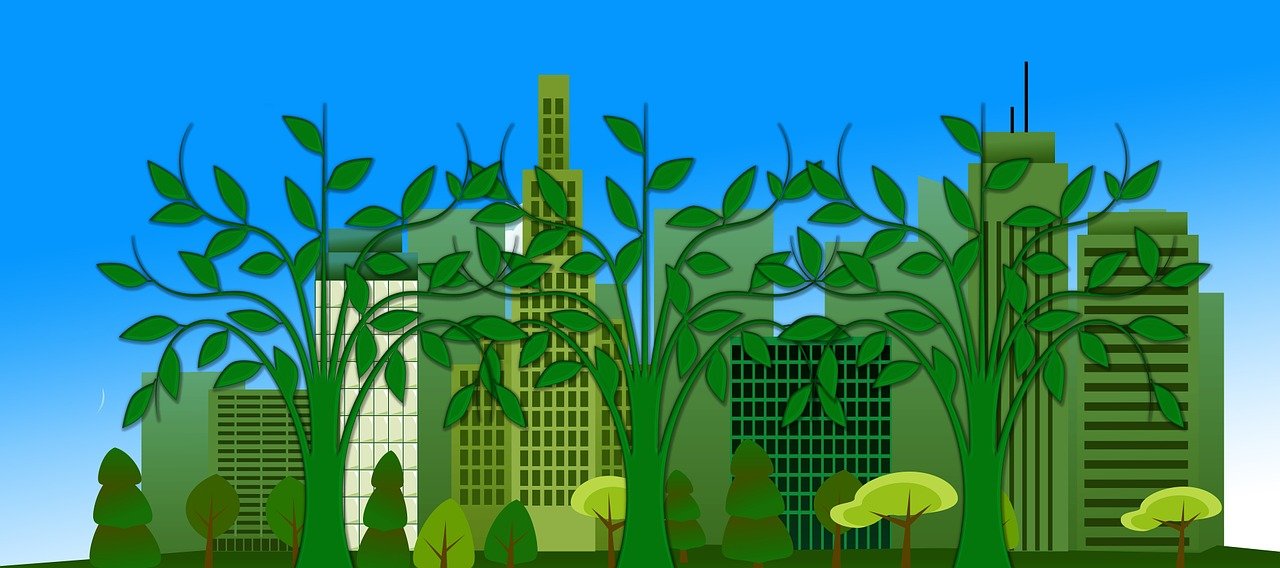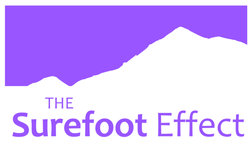|
We benefit from varied landscapes with space for myriads of species - each living with a role to play. Being engrossed in such a rich environment can be both soothing and stimulating. Likewise, the International Conference on Ecolinguistics in April was a life-giving boost. The three days were packed with knowledge sharing on tackling real-world issues equipped with Ecolinguistics which is a term describing the connection between environment and language in a broad sense - Eco-language. The wide range of experiences based on activism, art, campaigning, education, research and studies on ways of expression, underlined that through these activities we can strengthen the life-sustaining interactions for all the beings on the planet and the planet itself. Ecolinguistics can support humans to connect with other-than-human nature.
Pam and Gazelle from Surefoot both delivered workshops. 'Using the tools of Nature to Breakthrough for Resilience' was one of the workshops, and is rooted in one of our European projects - a new element in the Eco-language tool box. Interested in knowing more? 1) Free online course Stories we Live by about Ecolinguistics. The course is funded by the University of Gloucestershire for public benefit. 2) Check out what Surefoot offers to equip people, communities and organisations with skills for sustainability and resilience.
1 Comment
Liz from Surefoot is working in Midlothian on the Penicuik Carbon Challenge project. She facilitated a Carbon Conversations Lent group for a local church community, where the participants aimed to focus on carbon reduction and climate change for Lent this year after their church pledged to a net zero emissions target by 2030. A lot of the participants started the course thinking that big changes to their lifestyle were unlikely. However, the group has really come round to the idea of leaving a legacy of low carbon changes for future generations and have some big changes planned such as installing solar panels and switching to electric vehicles. They also plan to run a monthly low carbon topic for the church congregation with helpful info and advice. The project is funded by the Scottish Government's Climate Challenge Fund. By Euri Bartlome Vidal, Associate at The Surefoot Effect
As a host of the COP26 and a leading nation in the transition to a low carbon society and a net zero nation by 2045, the Scottish government asks the following questions:
To make recommendations to Ministers on how Scotland’s net-zero transition should be achieved, a Citizens’ Assembly on climate change was convened. Grounded in Scotland's Climate Change Act (2019), Scotland's Climate Assembly brought over 100 people together from all walks of life to learn about, deliberate and make recommendations to answer: "How should Scotland change to tackle the climate emergency in an effective and fair way?" Each Assembly member identified the top 10 statements which were most important to them. These were consolidated and ordered based on the statements which were prioritised most by members. The two most important recommendations regarding fairness to tackle the climate emergency, prioritised by over 70% of Assembly members were: 1) Take into account the needs of different communities across Scotland, recognising that there is not a ‘one size fits all’ solution. 2) Target the highest emitters so that organisations and individuals with the highest carbon footprint have to make the biggest changes. You can access the full document here: www.climateassembly.scot/interim-report |
�
AboutHere’s a collection of some of our articles which have been in our newsletters or published elsewhere.
Archives
May 2024
|
Sign up TO SUREFOOT NEWS >>The Surefoot Effect equips people, communities and organisations with skills for sustainability and resilience.
|



 RSS Feed
RSS Feed




